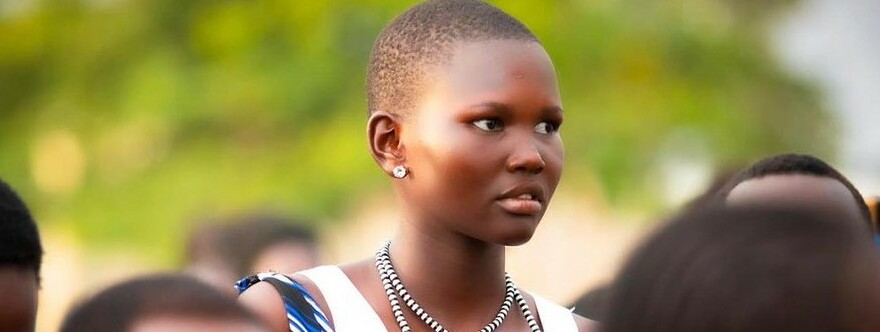The family of Athiak Dau Riak, an 18-year-old Nook clan girl in Twic East County, has announced their acceptance of the marriage proposal by Chol Marol Deng, and not Marial Garang Jil, from Jonglei State’s Bor County.
This decision comes after a month-long intense negotiations and competition between the two sides.
The announcement was in Jonglei State on Thursday, where the Athiak family representative, Dut William, revealed their choice.
“Marriage competition is not a new thing in our society, but the lady cannot be shared between the two people, so and we have to choose one,” Dut told Radio Tamazuj.
“Today (Thursday), the family of Dut Chol as well as Nook and the Pakeer communities made their decision after Athiak told us her choice and we agreed.”
Athiak has been at the center of the marriage negotiations that have surpassed the customary limits. The competition between the two suitors had sparked widespread discussions across Jonglei.
Jil, from the Koc clan, had pledged a grand offer of 125 head of cattle and SSP 100 million (US$35,000). In response, Deng of the Awulian clan countered with 123 head of cattle and SSP 120 million (US$44,000), along with a piece of land.
The Dinka customary laws set a limit to bride price at 30 head of cattle, but the number can vary based on mutual understanding between the families involved. The Twic East community had reaffirmed in January 2024 that bride price should not exceed the limit. However, the high stakes in this particular case have brought attention to the flexibility and depth of these customs.
Cultural expert Kuol Bol Ayom emphasized that such competitions were deeply rooted in the Dinka traditions. They signify, not only the beauty and virtues of the bride, but also the prestige and integrity of the families involved.
Ayom said he won a similar contest in 2005 by offering 104 head of cattle among nine suitors.
The tradition is seen as a way to foster unity and peaceful coexistence. It reflects the value of the bride and cements familial and communal bonds, preserving the tribe’s way of life and heritage.




